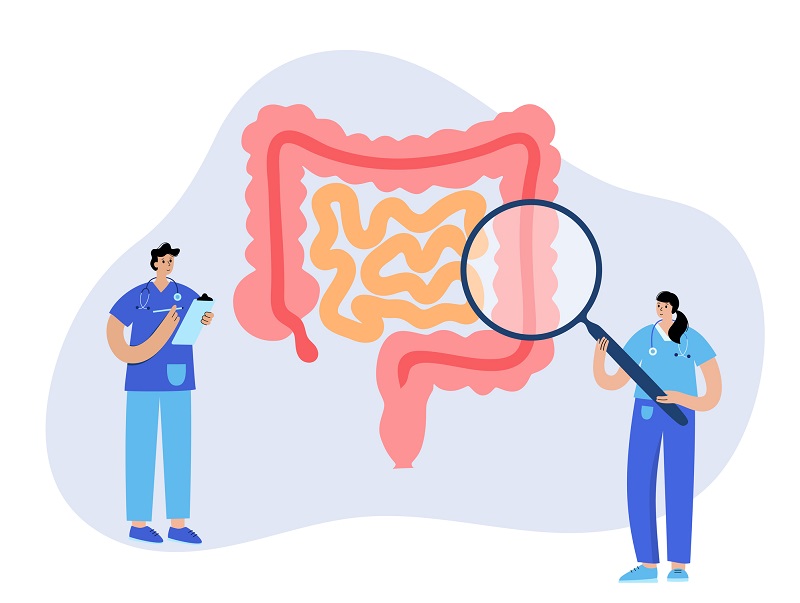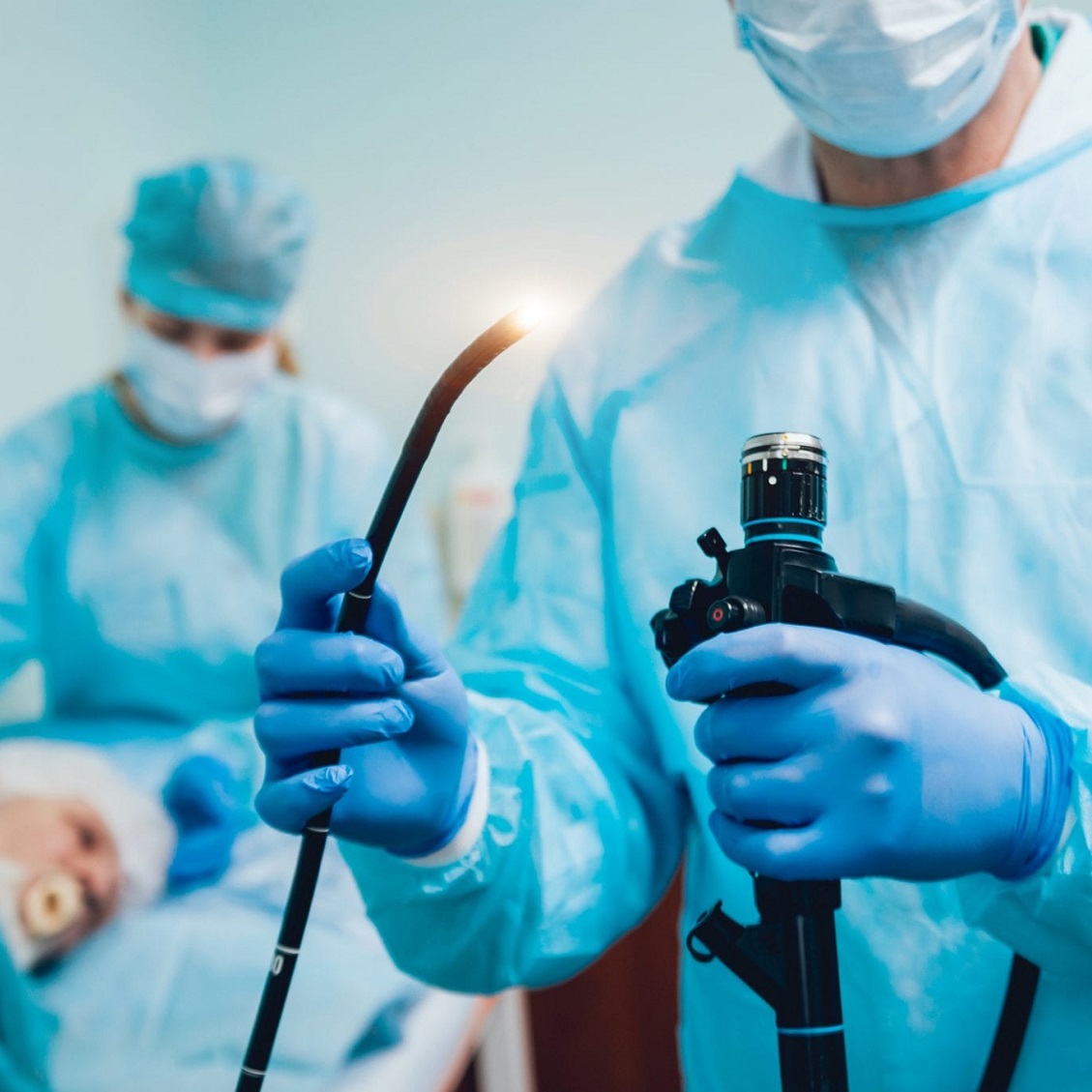When Should You Get Screened for Colorectal Cancer? Earlier Than You Think

May 18, 2021
Updated on October 13, 2025
When Chadwick Boseman lost his life to colon cancer at age 43, it brought to light the importance of colorectal cancer screening for many people. The actor was part of a growing number of people diagnosed with colorectal cancer before age 50.
“We don’t know exactly why we’re seeing a trend of colorectal cancer in younger patients,” says Rosario Ligresti, M.D., chief of the Division of Gastroenterology at Hackensack University Medical Center. “But by proper screening, we can effectively reduce the number of colorectal cancer cases and deaths in younger patients.”
In May 2021, the U.S. Preventive Services Task Force lowered the recommended age to start colorectal cancer screening from 50 to 45. So what does this mean for you? And should some people screen even earlier? Dr. Ligresti explains.
Why Screen for Colorectal Cancer Sooner?
According to the Colon Cancer Coalition, 30 percent of people with colorectal cancer are younger than 55. Colorectal cancer is the leading cause of cancer death before age 50 in men and second only to breast cancer in women. And in younger adults with colorectal cancer, it’s more likely the cancer has spread to other parts of their body.
Early detection is the best defense against cancer. “If we find polyps through early screening, we can remove them before they develop into cancer,” Dr. Ligresti says.
Who Should Get Screened for Colorectal Cancer?
All adults aged 45 to 75 should be screened for colorectal cancer. Your doctor may suggest screening earlier if you:
- Have symptoms of colorectal cancer, such as blood in your stool
- Have other health conditions, like inflammatory bowel disease (IBD)
- Have a personal or family history of colorectal cancer or polyps
- Have a genetic disorder such as Lynch syndrome
Adults over age 75 should talk to their doctor about whether they need to continue screening.
Colorectal Cancer Screening Options
There are several tests that screen for colorectal cancer. They are generally divided into two categories:
- At-home tests, which look for signs of cancer in your stool
- Colonoscopies, which allow a doctor to see inside your colon and rectum with a small camera
Some people prefer at-home tests because you don’t need to empty your bowel before taking them. Bowel prep is one reason many people dread colonoscopies. But, if your at-home test has abnormal results, you may need a follow-up colonoscopy.
Read More: 6 Tips to Make Your Colonoscopy Prep More Comfortable
You also have to take at-home tests more often. While most people get a colonoscopy every 10 years, you have to take an at-home test every one to three years.
“Each type of screening has different pros and cons,” says Dr. Ligresti. “Your doctor can help you choose the right one for you. Overall, the best screening test is the one that actually gets done!”
Watch Your Back(side)
Screening guidelines are a good target for most people. But if you’re younger than 45 and have unusual symptoms, don’t ignore them. Tell your doctor if you have constipation, blood in your stool or diarrhea that doesn’t go away.
Next Steps & Resources:
- Meet our source: Rosario Ligresti, M.D., FASGE
- Make an appointment with a primary care provider or gastroenterologist near you to see if you’re due for cancer screening, or call 800-822-8905.
- Learn more about cancer screenings, including colorectal cancer screening, at Hackensack Meridian Health.
The material provided through HealthU is intended to be used as general information only and should not replace the advice of your physician. Always consult your physician for individual care.







